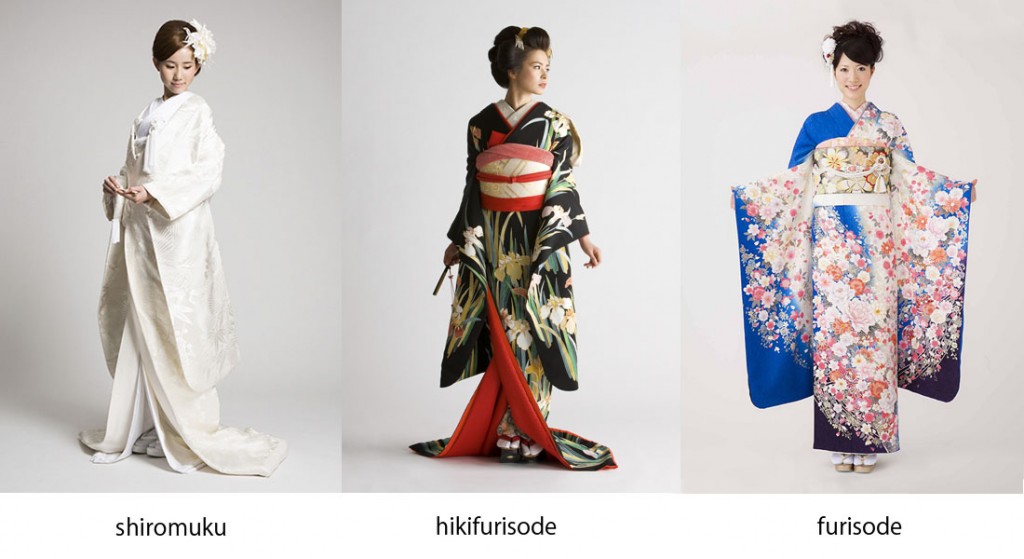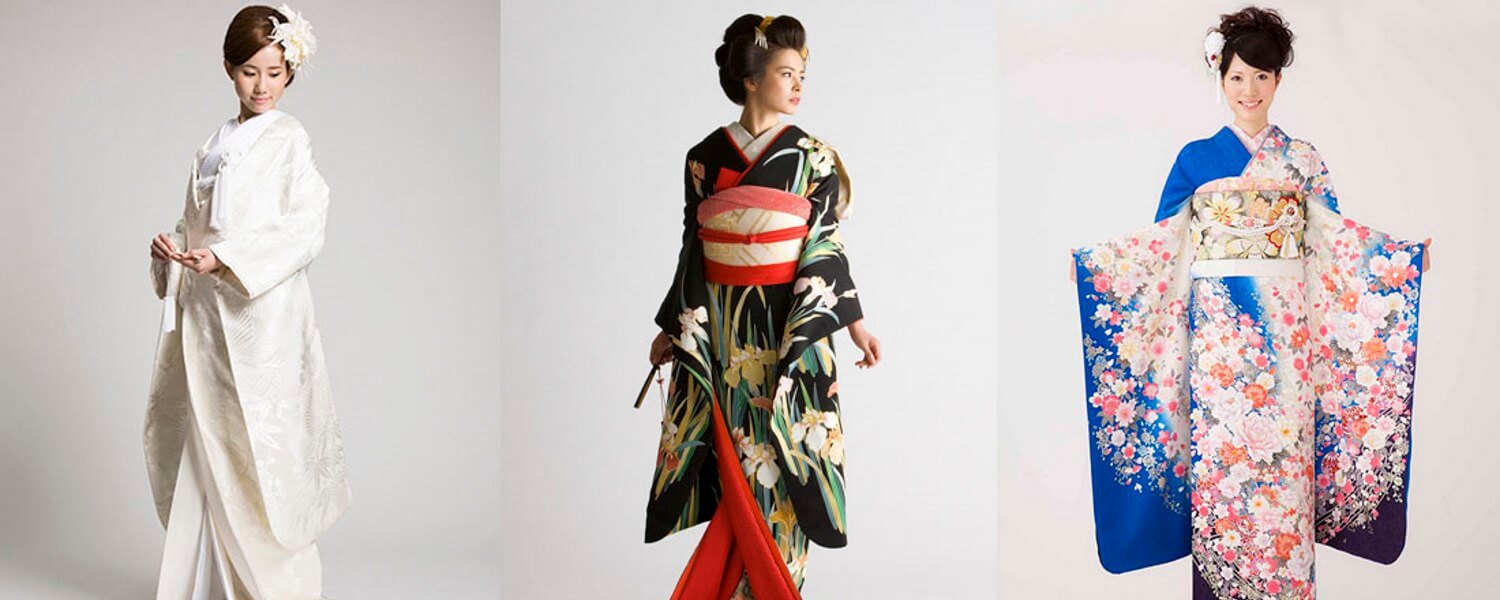When I was a kid, I once had the pleasure of staying over for lunch at a friend’s house whose parents were Japanese. The anime fan inside me instantly started imagining they had a Koi pond, a Sakura tree, and walked around their house wearing kimonos, so you can imagine my disappointment when I saw them wearing jeans inside their middle-class apartment. Straight from Okinawa, everyone in the Sato family was extremely nice to me during my visit. His father asked me if I liked barbecues, and yeah, of course I do, but I couldn’t stop wondering if by ‘barbecue’ he actually meant ‘onigiri’ or something else more… ‘Asian’.
Looking back, I couldn’t feel more ashamed of my way of thinking, but I was 9 years old. I was uncultured and so many years of consuming Japanese culture led me to think that what I saw in anime was how Japan really was. Of course, I never told them what I was expecting to see, but this ignorant thought chased me for many years until I finally met another person from Japan, a nice young man from Saitama. I’d like to point out that by this time I wasn’t the dirty “weeaboo” I was when I was a kid, and my knowledge of the culture was much deeper.
Many of us want to incorporate parts of the Japanese way of life into our daily routines, and this guide will show you how to properly do so, while being respectful of their traditions. Follow these basic tips, and you’ll probably stay out of trouble.
First of all, you must not be afraid to make mistakes. I know, you’re probably wondering if you’re doing it right, but if you’re really doubting, just ask a native or read more on the subject. If you’re wrong, correct it. It’s that simple. After the days where I thought the Japanese diet consisted mainly of onigiris 24/7, I watched a documentary showcasing many of their most emblematic recipes. Which leads to our next point: Learn from your mistakes. It’s OK to be wrong for a while, as long as you fix it in the end. As soon as you figure out you were mistaken, you probably have a lead to follow. Ask yourself questions. If they don’t eat rice balls, what else do they eat? If Samurai don’t exist anymore, what happened to them? Do they still live in pagoda-shaped temples? If not, where, then?

There is really nothing bad about enjoying food from other cultures. I was very wrong to think the Sato family could survive on a diet of onigiri and mochi, of course, but nobody should be afraid or ashamed of liking eastern cuisine. People from Japan eat hamburgers and pizza too, so there is no problem at all if you like ramen and sushi. Cooking is one of the things that transcends borders, and it is actually a sign of a very good chef to know recipes and techniques from overseas. If you happen to like a certain dish from another country, it is okay as long as you don’t assume everybody there eats it everyday (Sushi in Japan, Pizza in Italy, Hamburgers in the US… You know what I mean). In fact, most of the time they feel flattered. I once visited a ‘pâtisserie’ owned by a French lady, and she was very happy when I recognized some pastries and said I tried baking them at home: “People don’t try what they don’t know already. This is a very hard recipe, but let me know how it goes.”
P.s.: Don’t force it. I had a classmate so “weeaboo”, he once ate ice cream with chopsticks wearing a Naruto headband. It was cringeworthy.
- He wasn’t a kid, he was in college.
- No, we’re no longer friends.
Be careful, on the other hand, with religious rituals. It is always disrespectful to tease someone’s beliefs, even if it seems like nothing serious to you. Many of the things we see in anime and manga about “Japanese culture” are actually related to Shintoism and Buddhism. While it poses no problem to a foreigner to practice these religions, the act of treating them like a trend could be really offensive to a lot of people. Do not use monk’s prayer beads as bracelets and don’t use a Torii as a paperweight. Avoid using their religious symbols, questioning their beliefs, and in general, anything that may make them feel disrespected. Religion is a tough subject for a lot of people, and you’re better off not touching it.
Have you ever watched an episode of Castle? Do you assume that’s how the NYPD really works? No?! So why assume Doraemon is a realistic view of the Japanese society? Sometimes it may be, but there is a huge difference between what we see about a country and what really happens there. Perhaps it is also a good idea to not assume that they like what you like as well, even if it’s popular in their country. For example, I was born in a land where Soccer is very popular, but I despise it. Sometimes people assume I like it and I just shrug it off, but not everybody is like this. The most common myth is to assume that anime is huge in Japan, and while it certainly is bigger there than in most countries, it is still a niche. It is not normal for people to cosplay to school, most don’t play video games everyday, and not everybody is up to date with the latest manga. Just because that’s what anime shows, doesn’t mean it’s true.

Another subject that confuses a lot of people are clothes. Most of us think kimonos are pretty cool, but a lot of people don’t really know how to properly wear a kimono, or what really counts as a kimono. The kimono industry has been in decline for a while and most tailors are actually flattered to see foreigners showing interest for their craft. They won’t see it as ‘yellowface’. Shaun O’Dwyer wrote a great piece last year about the current state of the industry and the controversy surrounding a kimono exhibition in the US. Go ahead, wear that piece you like so much. Just make sure you’re wearing it the right way, for the right occasion.
There are a lot of guidelines I’d like to share with you, but I’ll finish this article with this one: It is always OK to ask questions. If you’re not sure about something, ask. Most of the time, people will be glad to answer and help. Be respectful, and so will they. We are all ignorant regarding certain subjects, so don’t feel bad about it.
Most people consider it an honor and a pleasure for you to show interest in their traditions, as long as you do it wholeheartedly, and not because ‘it’s cool’ or ‘they do it on this manga I like’.
Do you already incorporate foreign traditions into your daily life? Let us know in the comments below!

Featured Sponsor - JAST
The sweetest romance and the darkest corruption, the biggest titles and the indie darlings; for visual novels and eroge, there's nowhere better.
Big thank you to our supporters
From their continous support, we are able to pay our team for their time and hard work on the site.
We have a Thank-You page dedicated to those who help us continue the work that we’ve been doing.
See our thank you page




